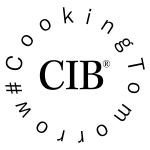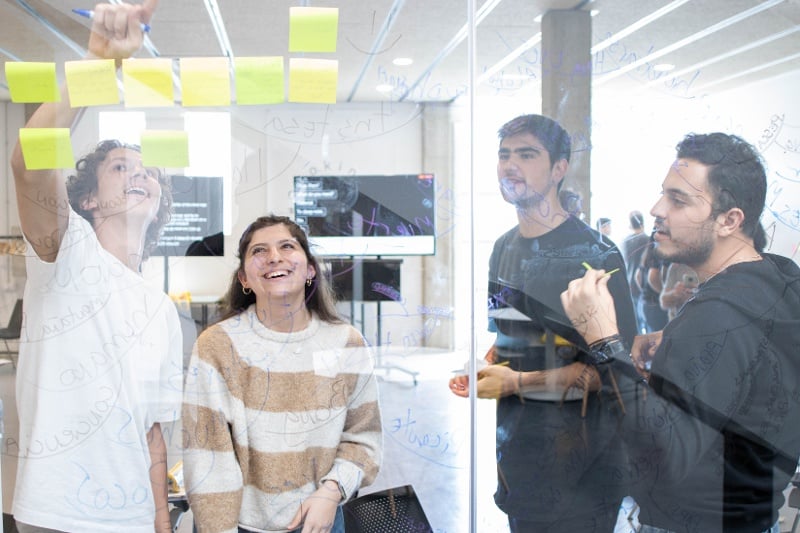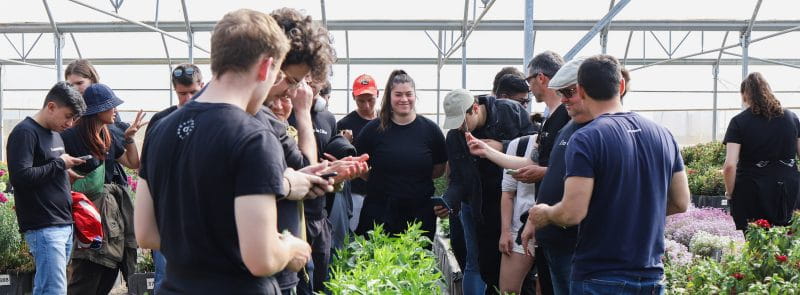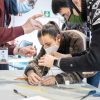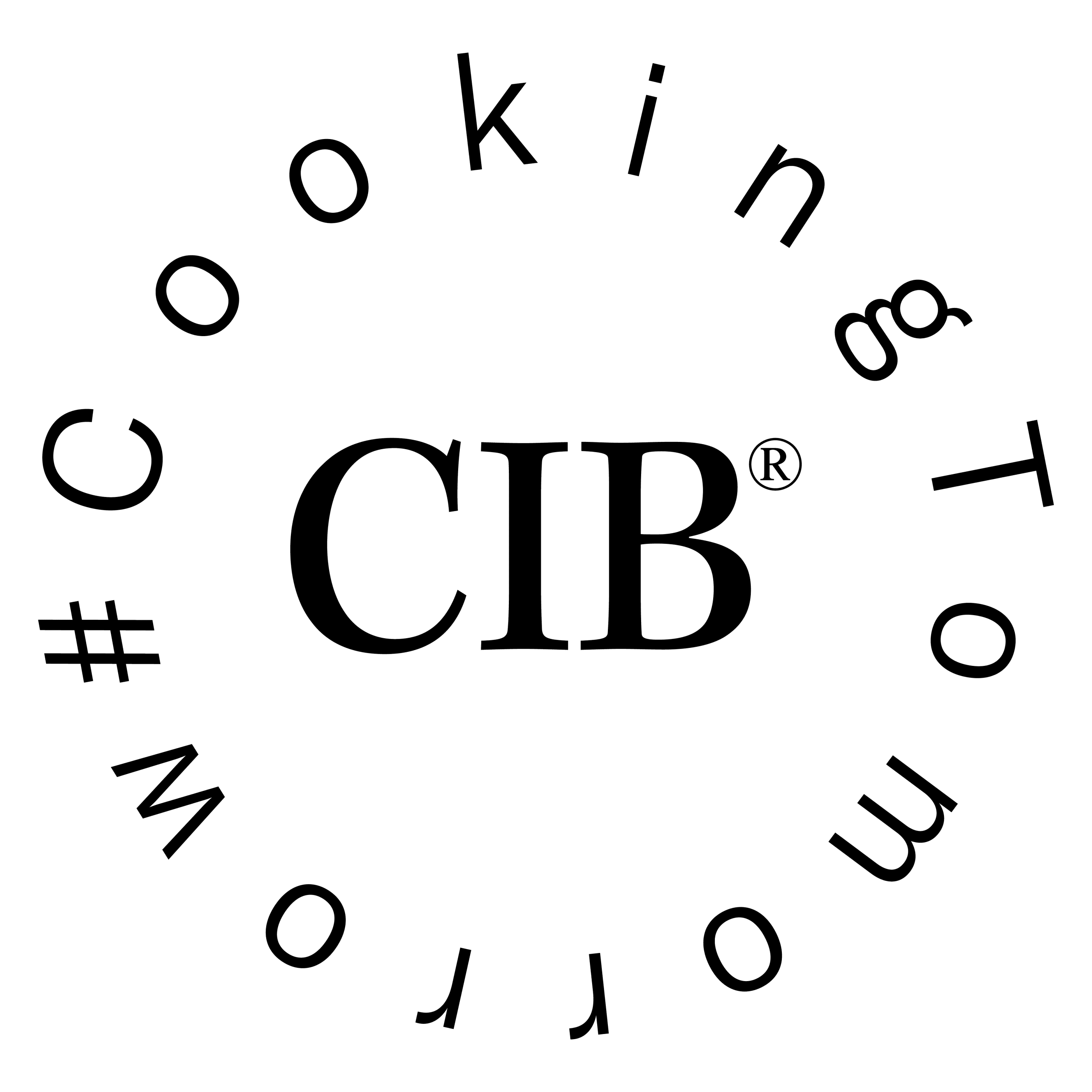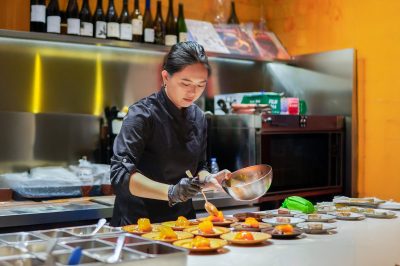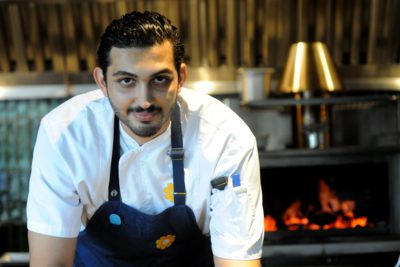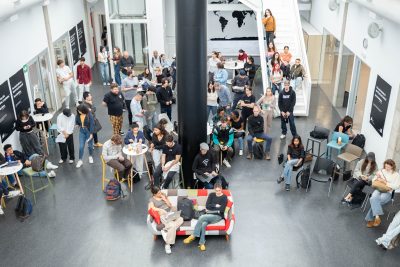The Culinary Institute of Barcelona cooking school believes innovation and creativity are the building blocks for training future chefs.
The current education system
The traditional teaching model in schools, and even more so in cooking schools, prepares students to fit the mould of industry standards and stunts their creative potential. Discipline, repetition, organisation, and the ability to work under pressure are some of the qualities that restaurateurs look for. In short, a workforce that responds to military-style leadership.
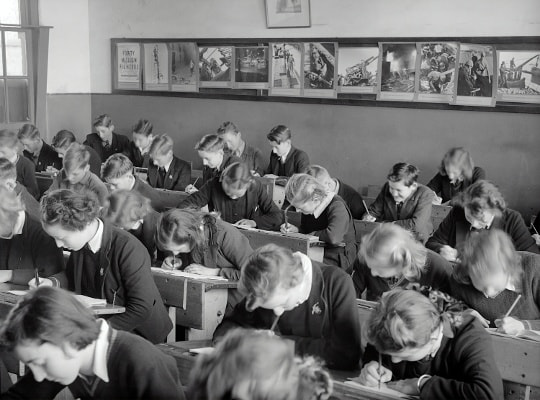
What do the greats all have in common?
When we look at renowned restaurants and chefs such as Mugaritz by Andoni Luis Aduriz, El Celler De Can Roca by the Roca brothers or Les Cols by Fina Puigdevall, they all have one thing in common: the courage to take creative risks and conviction in their innovative proposals.
Creativity is an attitude
This is what the Culinary Institute of Barcelona tries to instil in the DNA of all students who train at the school.
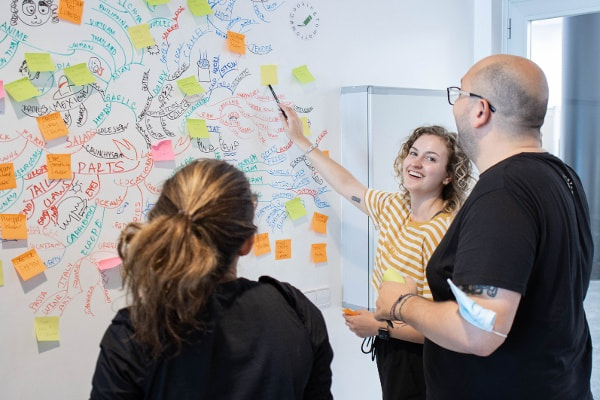
So much so, that in their first days at the CIB, students undergo intensive training in creativity and innovation to lay the foundations for the months that lie ahead. This week-long bootcamp is led by Jordi Reixach, lecturer in creativity at the University of Girona, and by Eduard Bosch, who has more than thirty years’ experience in the restaurant sector, and in creativity and innovation in restaurants such as El Bulli. Both professionals are active members of Roca Lab, the Roca brothers’ culinary laboratory.
This duo brings together, on the one hand, Jordi’s general expertise on creativity, and Eduard’s creative flair applied to cooking, on the other.
The aim of these classes is to give students tools to develop their creative side, strengthen their creative attitude and above all, give them the self-confidence to follow it through.
A personal transformation
During one of the classes where they had to solve a challenge to create the most sustainable and environmentally-conscious restaurant in the world, they came up with a total of 350 ideas in 45 minutes, “it’s a mental orgasm”, said Jordi. They could be ideas related to cooking, but also to the dining setting, the decoration or the service.
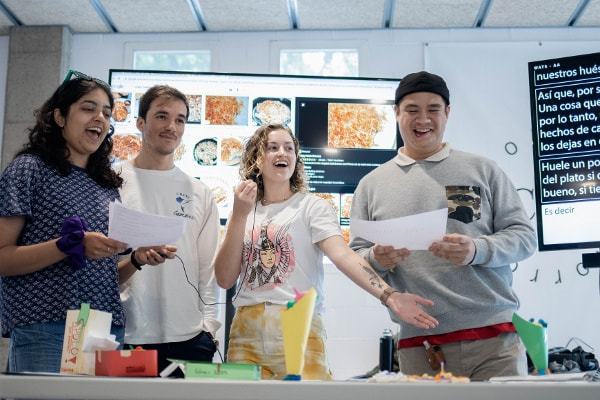
Jordi tells us how the students realise just how many great ideas they can come up with. But the most important thing about this learning process is that they undergo a personal transformation, build self-confidence and, most difficult of all, gain creative confidence.
“When they realise what they are capable of it makes them feel good, which is transformative.” Jordi Reixach
This training helps them explore their creativity and build self-confidence, but it doesn’t stop there. In October, they will pick up the classes once again to put all their creative work into practice and present their gastronomic project. And why in October? So, they have enough time to acquire the knowledge and techniques at the school and the ability to judge whether what they are doing is really innovative
A step further in culinary system
Cooking is an activity that human beings have been developing and transforming throughout our evolution. In the 21st century, eating is so much more than just an act of survival. It’s a cultural, artistic and even challenging act, and only those who know how to adapt to the changes in the sector and play an active role in this transformation will enjoy the process.
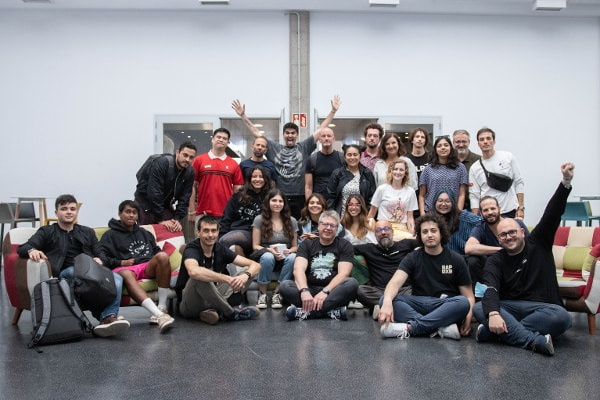
“The CIB is an unconventional cooking school in that it sees technique and cooking itself as almost the least important part of the process.” Eduard Bosch
At the CIB, we give our students the tools to “think outside the box”, to question the status-quo. We encourage their creative and innovative side, which allows them to lead their own careers as chefs.
